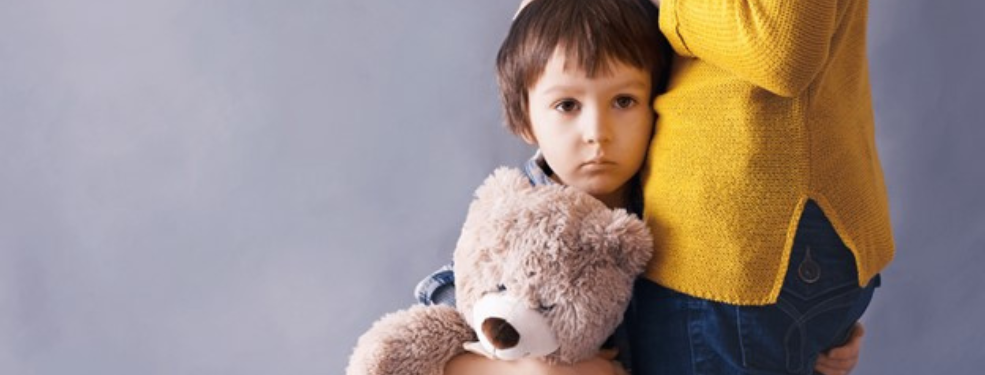The Northern Ireland Executive, through the Department of Health, is responsible for child protection in Northern Ireland. They set out policy, legislation, and statutory guidance on how the child protection system should work.
The Safeguarding Board for Northern Ireland (SBNI) co-ordinates and ensures the effectiveness of work to protect and promote the welfare of children.
The board includes representatives from health, social care, the police, the probation board, youth justice, education, district councils and the NSPCC. The SBNI is responsible for developing policies and procedures to improve how different agencies work together.
What to do if you are worried about child safety
If you are worried about the safety or welfare of a child, you must report it. Even if you are not sure, it’s always best to tell professionals about your concerns. Social services and the police can investigate concerns about a child’s safety.
Who to contact
If you think that a child living in Northern Ireland:
- is being abused
- has been harmed in any way
- is likely to suffer harm
If a young person is in immediate danger, then contact the PSNI on 999. You can also contact the National Society for the Prevention of Cruelty to Children’s (NSPCC) free and confidential 24-hour helpline service on 0808 800 5000.
It is also advised to contact the Children’s Social Work at the Health and Social Care (HSC) Trust in the area where the child lives.
Your local area health trust gateway service contact information:
- Belfast HSC Trust – 02890 507000
- Northern HSC Trust – 0300 1234 333
- South Eastern HSC Trust – 0300 1000 333
- Southern HSC Trust – 0800 7837 745
- Western HSC Trust – 02871 314090
What can I get help with?
These organisations can help you with a wide range of issues. For example, they provide help if you are worried about:
- Child Sexual Exploitation
- Child Trafficking
- Domestic Violence and Abuse
- Female Genital Mutilation
- Neglect
- Criminal Exploitation
These organisations are there to help whatever issue you are facing.
What you will be asked
You will be asked to give information such as:
- where the child lives
- their personal or family details, if known
- who cares for them
- your concerns
All calls about concerns for the safety of a child are taken seriously and treated in confidence and you do not have to provide your name and details. Social services will then investigate your concerns and take suitable action to make sure that the child is protected.
Child Protection disclosure arrangements
If you’re concerned that someone with access to a child might be a risk to that child, you can apply to the police to ask if that person has a criminal record for sexual or violent offences.
To apply, you need to complete a form and bring it in-person to a police station. You can download the form from the PSNI’s website or collect a form at any police station.
At the police station, you must prove your identity with acceptable photographic identification such as:
- a passport
- a driving licence
- an electoral ID card
You might need to answer some questions and sign the declaration. The disclosure process can take up to 28 days. If necessary to protect the child, the police will give conviction information to the child’s guardian or parent.
Not reporting a relevant offence to the police, including those against children, is an offence in Northern Ireland. If you need any advice from one of McPartland & Sons child protection specialists, please contact us for more information.
Related Blogs:

